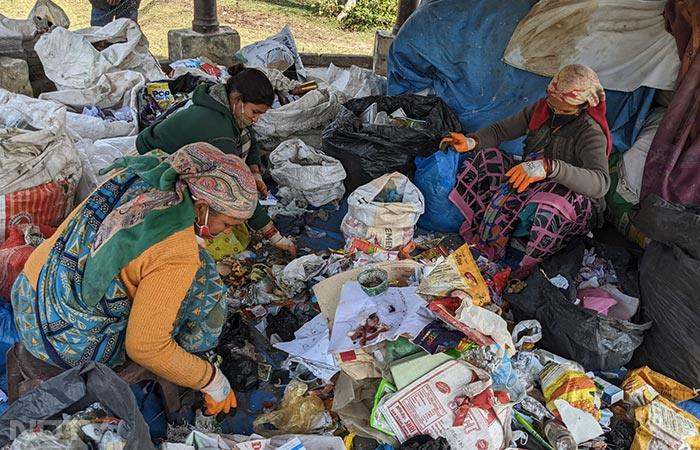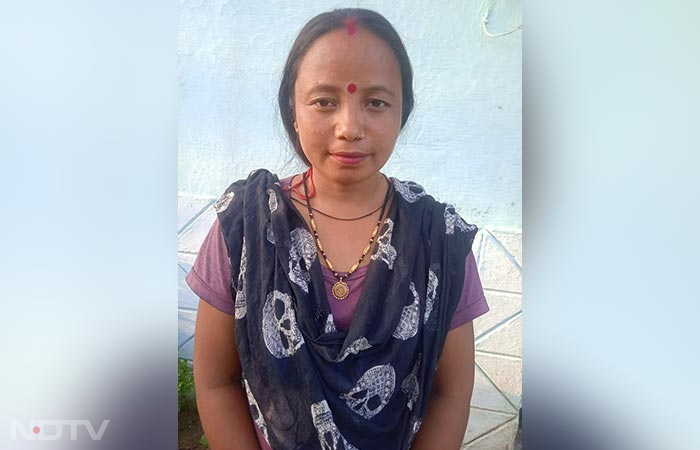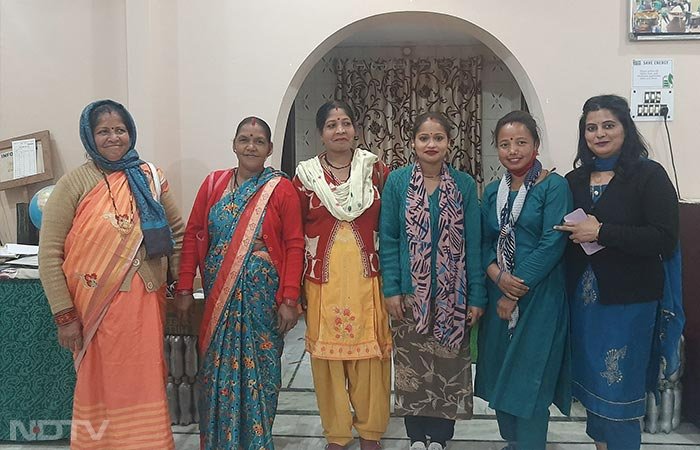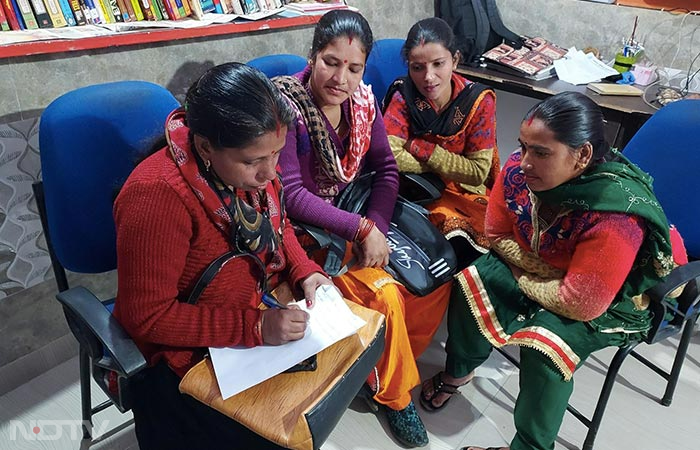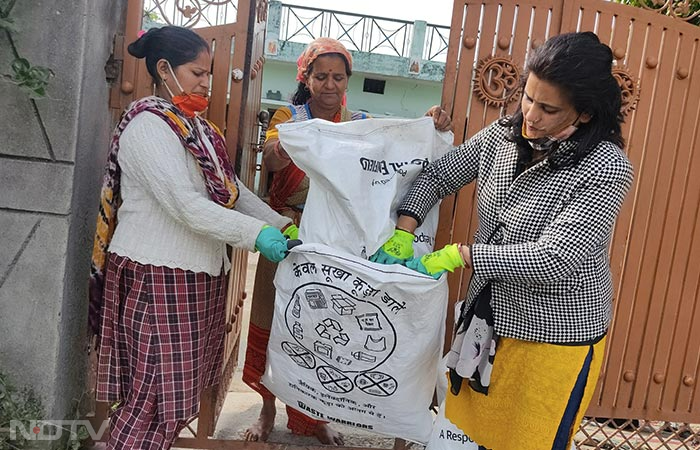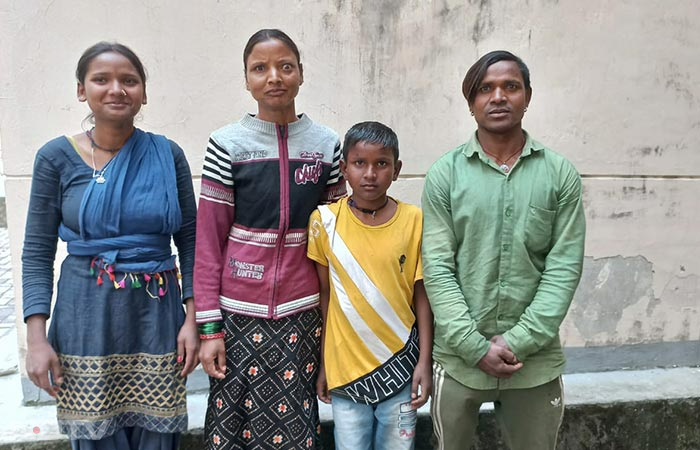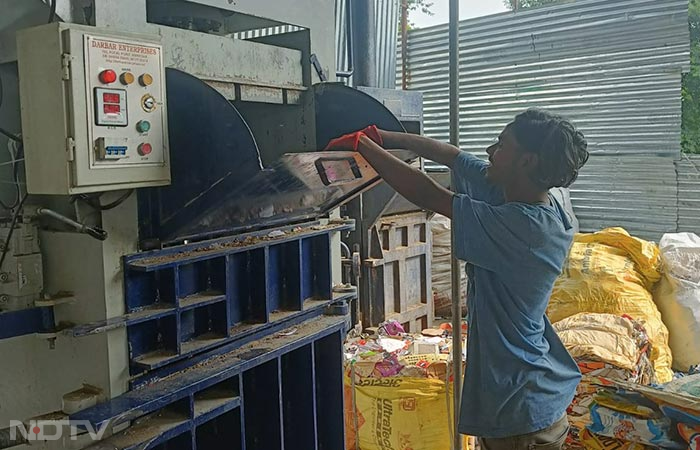Meet India's 'Safai Sathis' Who Are Are Saving Himalayas From Becoming Garbage Mountains
The 'safai sathis' from Uttarakhand and Himachal Pradesh are working with a non-governmental organisations, Waste Warriors. The NGO has employed these people, and provided them with the means of livelihood while catering to the environment
-
Waste Warriors is a non-government organisation based out of Uttrakhand that is catalysing systemic change to solve the solid waste management crisis in the Himalayan regions of India, including Himachal Pradesh and Uttarakhand. They work on developing solutions and models that are systemic, inclusive, and sustainable. One such model created by them is ‘Paryavaran Sakhis' (Friends of the Environment) and ‘Safai Sathis'.. The aim of the model is to solidify the waste management problem in rural areas while empowering women, by making them financially independent.
-
Meet Paryavaran Sakhi, Hema Thapa, a resident of Sawalde Purv, a small village near Corbett National Park, in the Nainital district of Uttarakhand. She collects dry waste door-to-door on a weekly basis, educates the villagers about the difference between dry waste and wet waste, the importance of proper waste management, and much more. Additionally, she provides the families with disposable bags containing information about segregating dry and wet waste.
-
Ms Thapa and other women joined the initiative in July 2022, underwent multiple educational and training sessions where they learnt learned about waste management, the difference between dry and wet waste, the collection procedure they have to follow, the long-term benefits of the initiative to the environment, the official records to maintain with the Waste Warriors team, and much more.
-
Ms. Thapa has been encouraging the women to become ‘Paryavaran Sakhis', explaining to them how it would not only help them to become financially independent, but the opportunity could also be used to sensitise people about the environment and need for all round cleanliness in the surroundings.
-
The couple segregates 700-800 kgs of waste collected per day from the rural area and works on the baler machine in which the waste is compressed. The duo earns Rs 15,000 each, and the NGO has also helped them receive coverage under the Employees' State Insurance Corporation (ESIC) and Provident Fund (PF).

